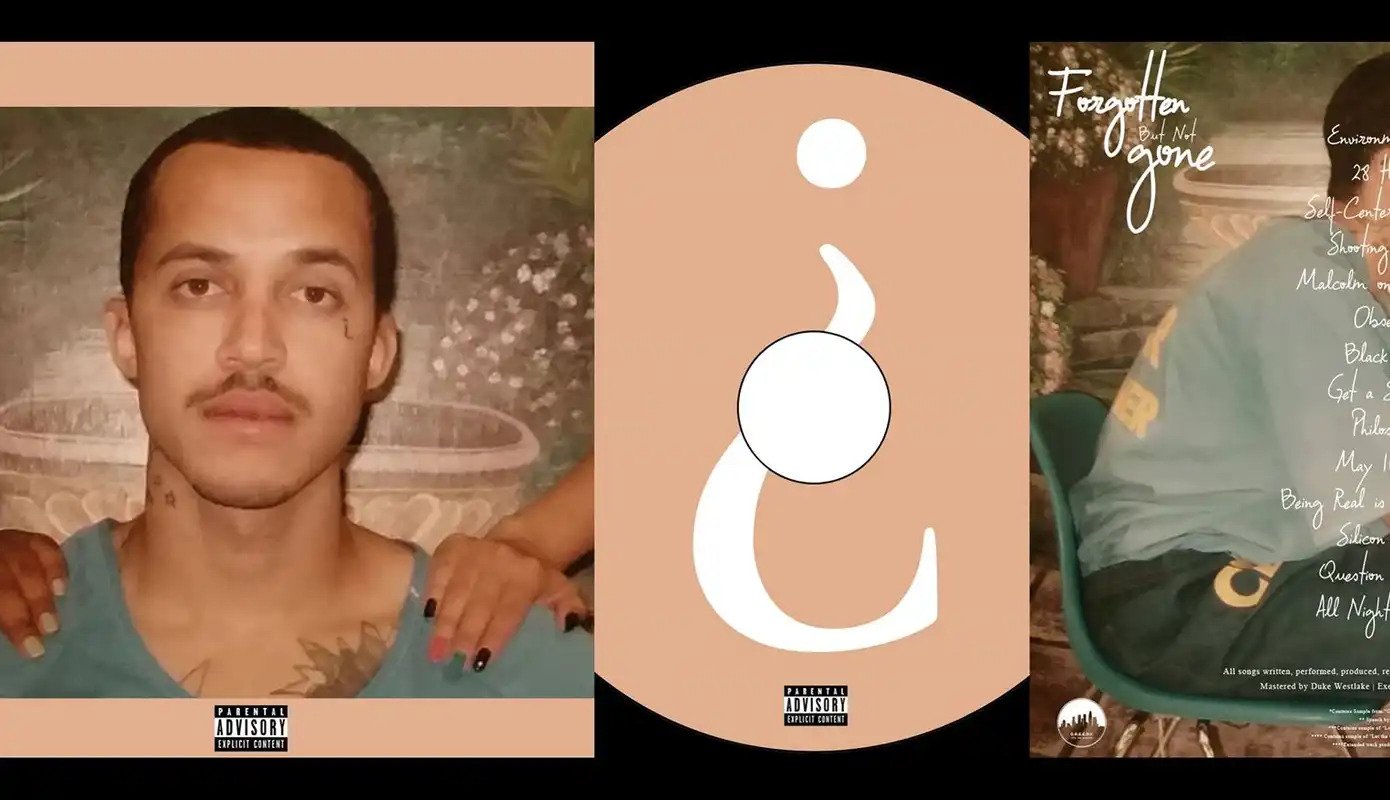Nobody I’m in prison with asks me why I named my recently-released album, Forgotten But Not Gone. We all get it. All 2.5 million of us. And it’s not just being personally forgotten that we feel. As our voices get erased, so do our warnings to the new generation: “Don’t believe the hype! You don’t gotta be turnt up! Don’t feed the system! Question it all!”
This is the conversation happening in FBNG. After two years of cutting and pasting, collecting and curating, my team and I have put together an album that recognizes how the students at Mizzou and gangs of L.A. share challenges. The album’s strength is that it addresses them in a way that both groups can feel. Like all hip hop, FBNG is ultimately about swag. And the swag it highlights (one grown across our hoods and campuses) says: “Not only do we get fly and rep where we’re from, but we talk about mass incarceration! We talk about state violence and patriarchy! We’re not afraid to say #BlackLivesMatter!” These conversations are critical to our identities because they’re critical to our survival.
Plus, the album just slaps! The bass is heavy. I made every beat with a unique feel so it never gets repetitive or boring. The lyrics aren’t overly intellectual or annoying. It’s simply a snapshot of where my generation is right now, our issues and our aesthetic, seen through the eyes of an incarcerated 24 year old black man.
My goal is to forever make creative pop art that challenges harmful ideas. That’s what FBNG does and what my company Question¿Culture does. It’s why I rap, why I produce, why I organize. It’s why I co-founded Success Stories, a life skills program for incarcerated youth here. My generation is re-envisioning the world. I just supply the theme music.
Richie Reseda is currently serving a 10 year sentence in a Californian state penitentiary for robbery. His album, Forgotten But Not Gone was released on October 24 2015.
